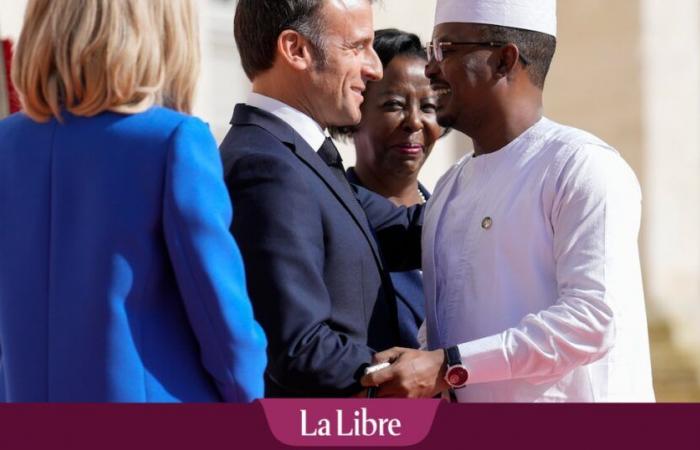
The Senegalese president, elected on the promise of restoring the sovereignty of his country, assured that it was not an act of “rupture” and defended a “renewed partnership” with the former colonial power. He took the opportunity to greet the “big step” carried out by President Macron who recognized, a few hours earlier, on November 28, in a letter that the French colonial forces had committed a “massacre” in Thiaroye, near Dakar, on December 1, 1944. That day, several Dozens, even several hundred, of Senegalese riflemen, most of whom had fought the Germans on different fronts, were gathered in the Thiaroye military camp and were killed by French colonial forces and police while that they demanded payment of their arrears of pay and various bonuses and combat allowances.
Tidal wave of the new Senegalese power in the legislative elections
Tributes are planned this Sunday in Thiaroye, to mark the 80th anniversary of this massacre. The Senegalese president invited several of these African counterparts for the occasion.
Until now, Paris retained a force of 350 soldiers in Senegal. Jean-Marie Bockel, Emmanuel Macron’s “personal envoy” for the reconfiguration of the French military system in Africa, recommended reducing this number to around a hundred. Unacceptable for the Senegalese president who, without giving so far a date for the complete departure of these soldiers, explained that France did not accept a foreign military presence on its soil and that there was therefore no reason that Senegal accepts it. A little further, he also drew a parallel with the military cooperation that his country maintains with the United States, China or Turkey without the presence of soldiers from these countries in Senegal.
Same reading in Chad
A few after this first cold shower, Paris was once again showered on the continent, this time in Chad. Shortly after the departure of French Minister of Foreign Affairs Jean-Noël Barrot, his Chadian counterpart Abderaman Koulamalla issued a nocturnal declaration announcing the termination of defense agreements with France. A “carefully considered decision” according to the minister who insisted on the fact that there was no link between the visit and this decision, announced on the anniversary of the proclamation of the Chadian Republic, November 28, 1958.
French diplomatic circles did little to hide their surprise, even their dismay, this Friday. With this divorce, France loses its last ally in the Sahel region after successive ruptures with Mali, Burkina Faso and Niger, three countries shaken by coups d’état, the installation of military juntas in power and a significant rapprochement with Moscow.
The Chadian “divorce” does not follow the same logic, N’Djamena has in fact assured that “This decision in no way calls into question the historical relations and bonds of friendship between the two nations. and leaves the door open to “a constructive dialogue to explore new forms of partnership”.
Senegal: Bassirou Diomaye Faye takes the presidential chair and appoints Ousmane Sonko Prime Minister
Double uppercut
It nonetheless remains true that these two announcements further weaken France’s weight in Africa and more particularly in what was until recently presented as French territory on this continent. “Macron sold off France’s presence in Africa in a few years”explains an African diplomat. For him, “the French president had no choice. France was a unique case in Africa. The only former colonizer to still be militarily present in its former colonies. It was no longer tenable and it suits certain nations who blew on the embers that Paris should have extinguished a long time ago by developing a new approach.”
All observers now have their eyes turned towards Russia… this country which is “blowing on the embers” and which has not hidden contacts with the authorities of these two countries even if they seem for the moment to want to avoid any too privileged relationship with a new partner.





